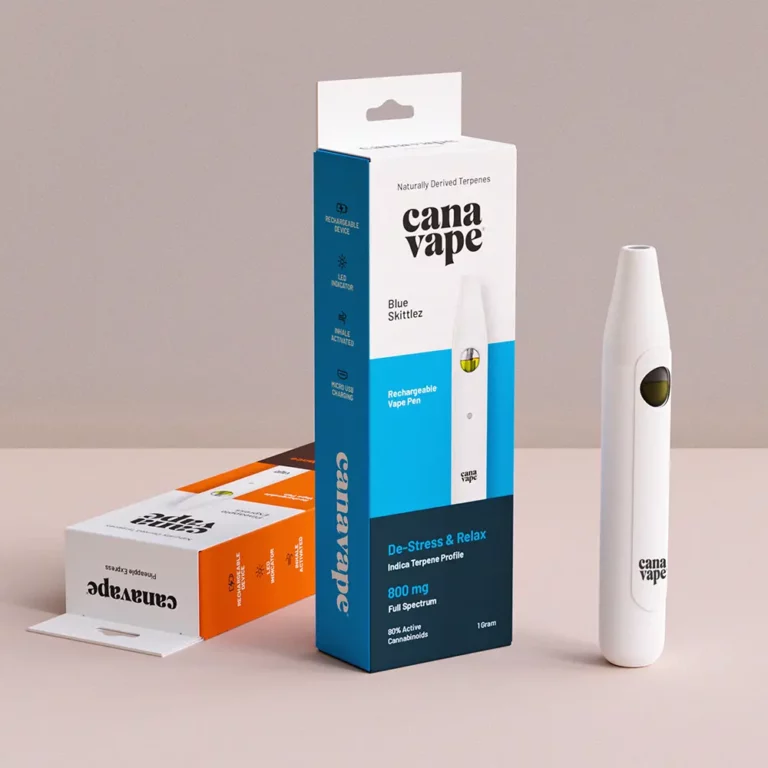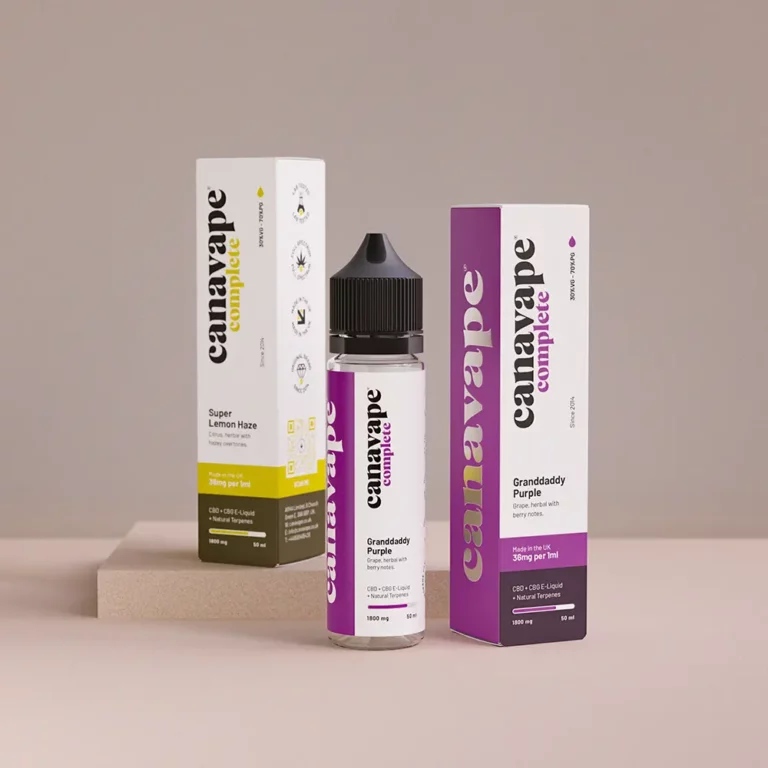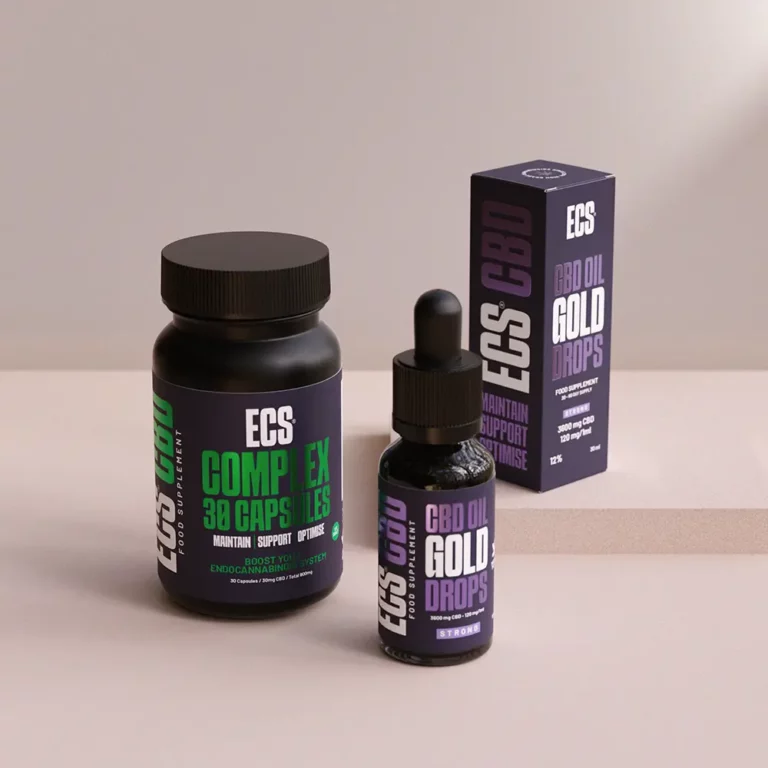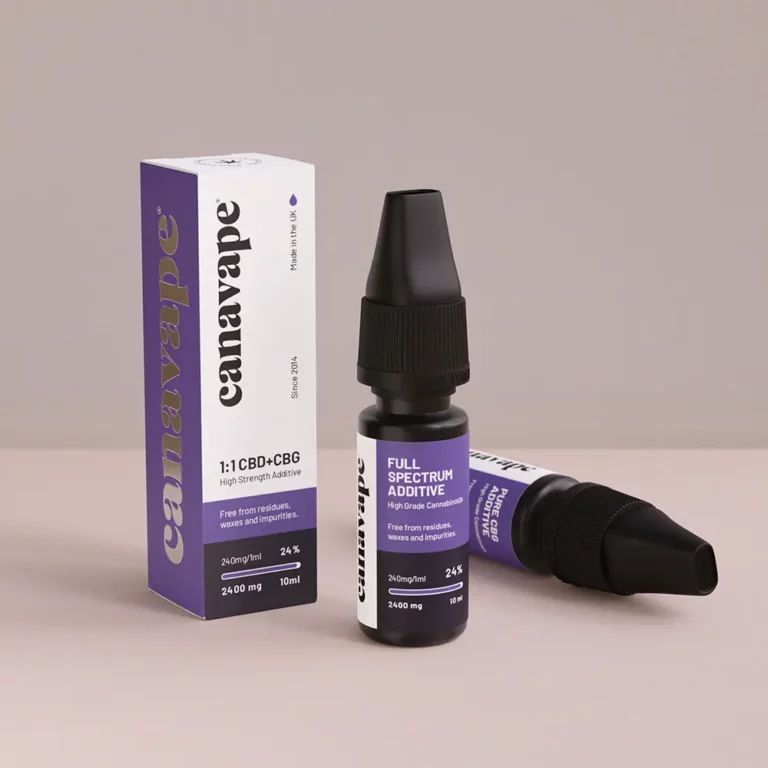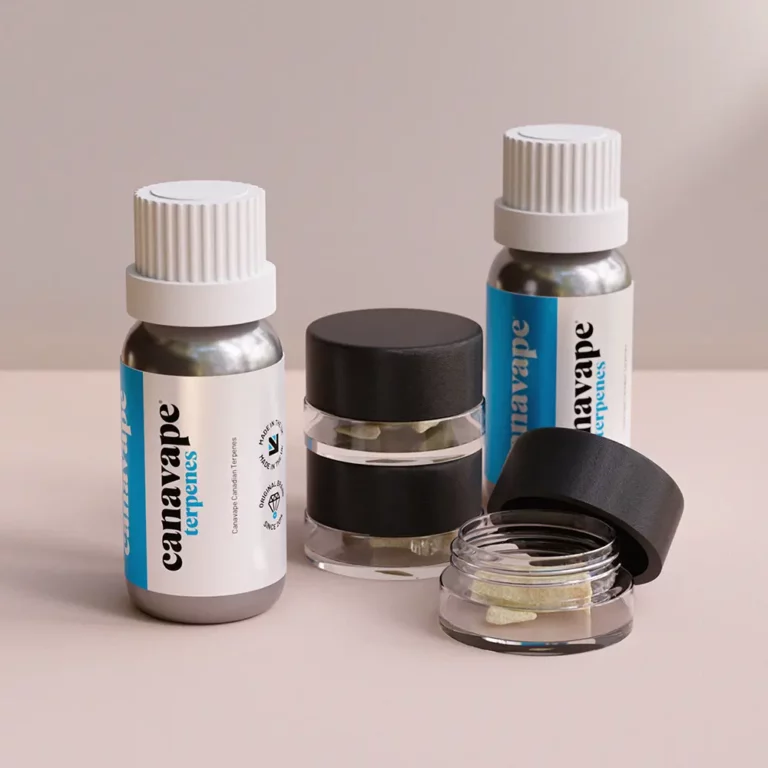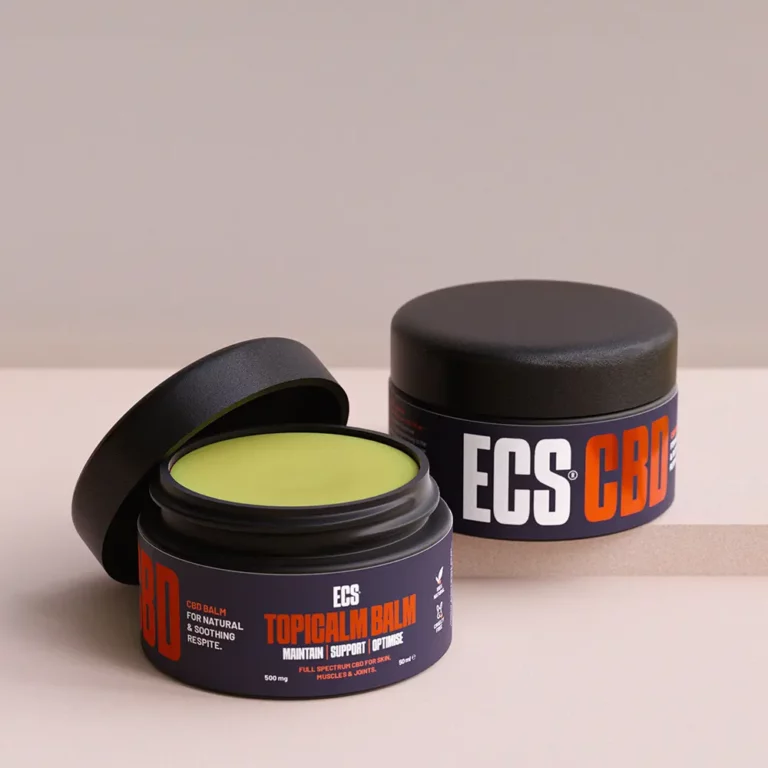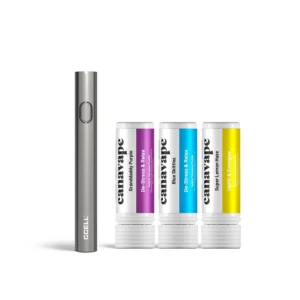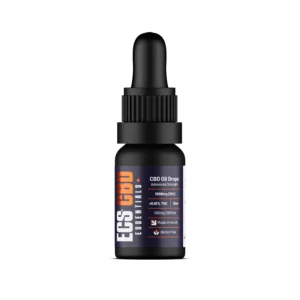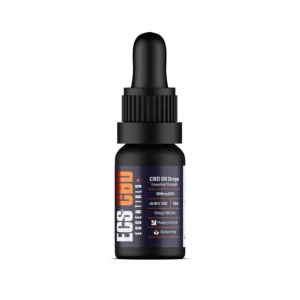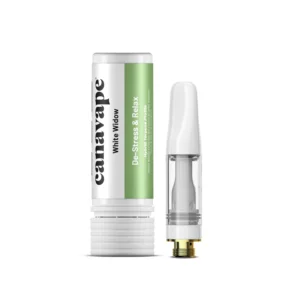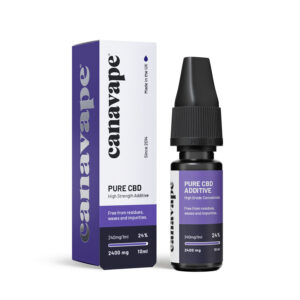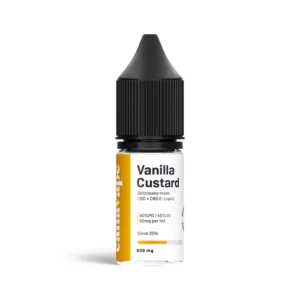One of the most common concerns people have when considering the use of CBD oil is whether it can lead to addiction. CBD, short for cannabidiol, is a non-intoxicating compound derived from the hemp plant. Unlike THC, the psychoactive component found in marijuana, CBD does not produce a “high” effect. However, it is essential to understand the potential addictive properties of CBD oil.
Definition: Addiction is a complex condition characterized by compulsive drug-seeking and use, despite harmful consequences. It involves both physical and psychological dependence on a substance.
Background: CBD has gained significant popularity in recent years due to its potential therapeutic benefits. It interacts with the body’s endocannabinoid system, which plays a crucial role in regulating various physiological processes. CBD is known for its potential to reduce pain, inflammation, anxiety, and promote overall well-being.
Key Principles: CBD oil is generally considered non-addictive. It does not produce the same addictive effects as substances like opioids, nicotine, or alcohol. The World Health Organization (WHO) has stated that CBD exhibits no potential for abuse or dependence. Additionally, a 2017 report from the National Academy of Sciences found no evidence of CBD dependence or abuse potential.
Components: CBD oil is primarily composed of CBD extract, carrier oils (such as hemp seed oil or MCT oil), and sometimes natural flavorings. It is crucial to choose high-quality CBD oil from reputable manufacturers to ensure the absence of harmful additives or contaminants.
While CBD oil itself is not addictive, it is essential to note that people can develop a psychological dependence on any substance. This dependence is more related to habitual use rather than addiction in the traditional sense. Some individuals may rely on CBD oil to manage symptoms or promote relaxation, but this does not indicate addiction.
It is worth mentioning that CBD oil may interact with certain medications, and it is always recommended to consult with a healthcare professional before starting any new supplement regimen. They can provide personalized guidance based on your specific health needs and potential drug interactions.
In conclusion, CBD oil is generally considered non-addictive and does not have the same properties as addictive substances. However, it is always crucial to use CBD products responsibly and consult with a healthcare professional for personalized advice.
